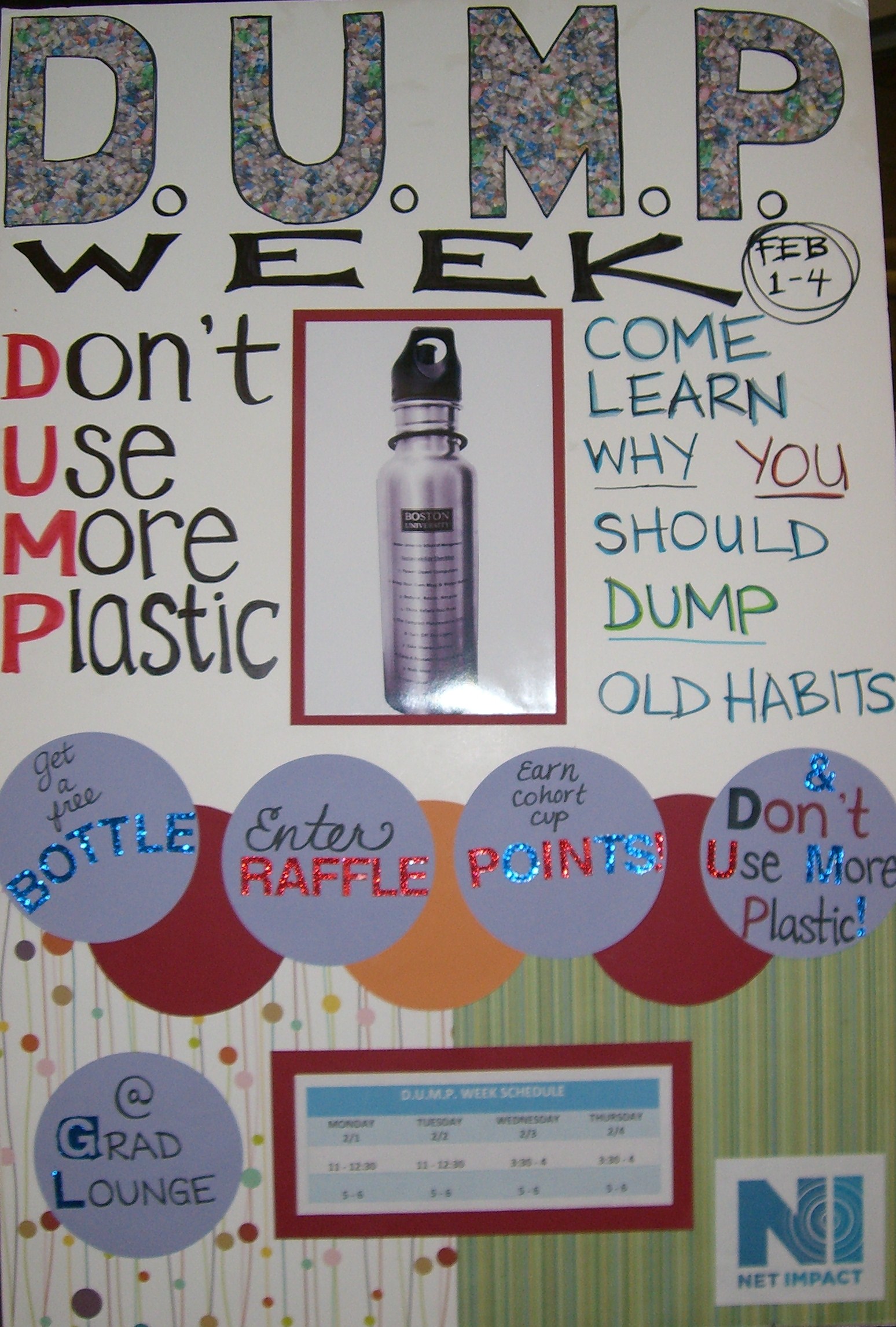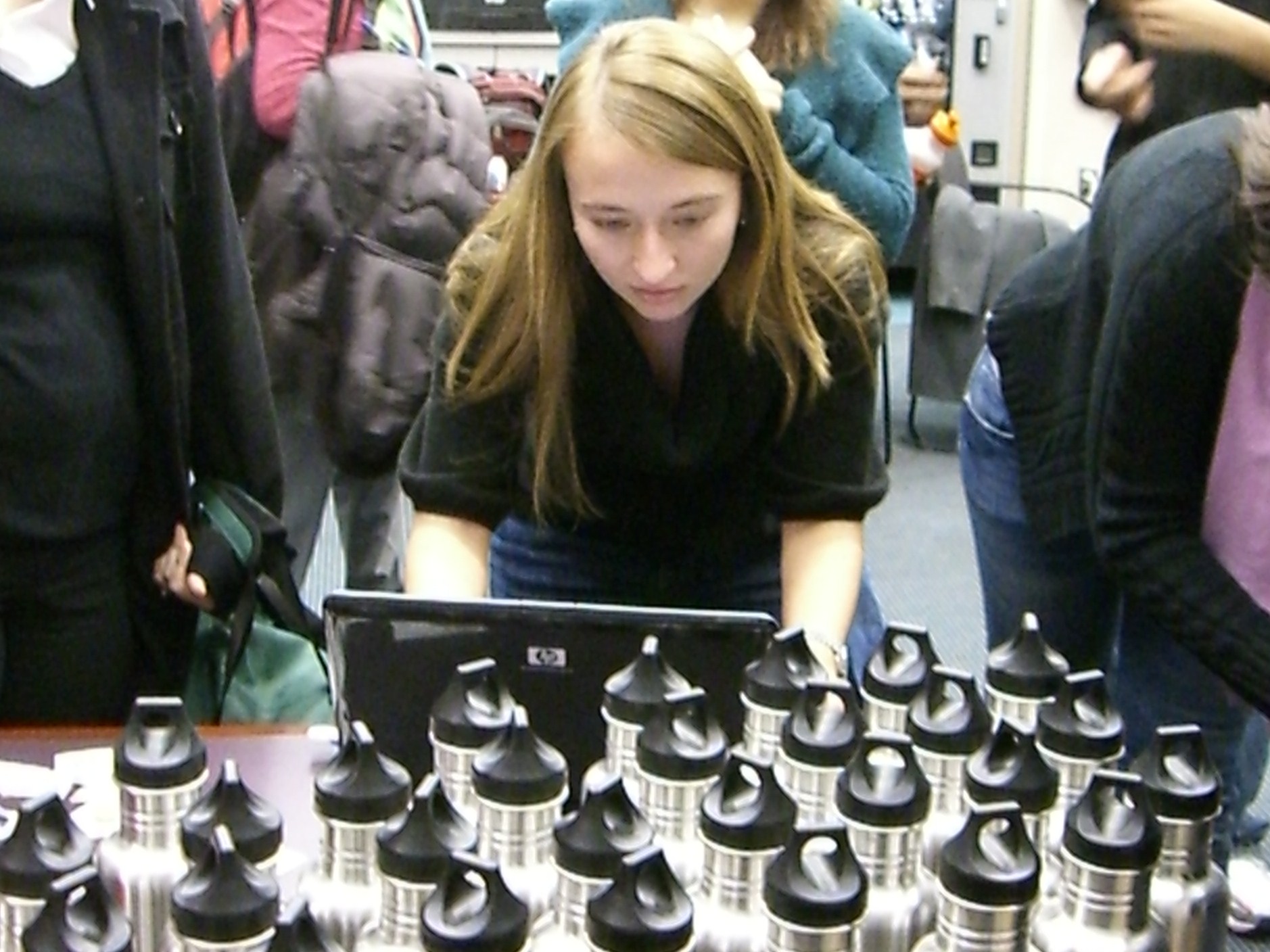Micro-Actions for Change
/ When it comes to the crisis of Global Warming (what author and New York Times columnist Tom Friedman says should actually be called "Global Weirding"), things can get pretty overwhelming fast.
When it comes to the crisis of Global Warming (what author and New York Times columnist Tom Friedman says should actually be called "Global Weirding"), things can get pretty overwhelming fast.
Animal extinction, water scarcity, rainforest destruction – these are all pretty heavy topics requiring big picture thinking and action.
And if world governments can't even build consensus to take action, how can we as individuals ever expect to make a difference?
Well, I'm here to say: Don't Get Discouraged.
Sure, many of these issues can only be solved through global coalitions that unite for a common purpose (and boy, does that sound like hard work!).
Nonetheless, it's important to remember that even big problems can be helped through small “micro-actions".
Take, for example, what happened just a few weeks ago at my own business school. The Boston University chapter of Net Impact organized something called “D.U.M.P. Week” (aka: Don’t Use More Plastic).
In essence, D.U.M.P. Week was about rallying the internal community to consider how their everyday choices – in this case, using plastic bottles – impact the world around them.
During each day of the promotion, members of the Net Impact board set up shop in the graduate student lounge to educate and connect with students around the topic of sustainability. Through tidbits and facts written on poster board, an informational video showing the impact that plastic has on the Earth, and fun contests and games, the chapter leaders were able to successfully and effectively get the student body engaged in sustainability in a very personal and on-the-ground way.
In addition to education, the organizers of D.U.M.P. Week asked students to consider signing a sustainability pledge that outlined a set of behaviors each student would agree to uphold. These included:
- Power Down Computers
- Bring Your Own Mug and Water Bottle
- Reduce, Reuse, Recycle
- Think Before Your Print
- Use Compact Fluorescent Bulbs
- Turn Off the Lights
- Take Shorter Showers
- Carry a Reusable Shopping Bag
- Walk More, Drive Less
- Wash Laundry in Cold Water
In exchange for signing the pledge, each student received his or her very own reusable water bottle (not plastic!) to kick-start these new behaviors.

So why was D.U.M.P. Week so successful? In many ways, it serves as a real-life example of everything I'm learning in my marketing classes:
You can always grab people's attention with big ideas, questions, even images. But until you tell consumers why it matters to them, you're missing your opportunity to connect, engage and inspire action.
D.U.M.P. Week wasn't just about scary doomsday scenarios or cold environmental terminology; it was about inspiring our community to connect, learn, and take action in easy and understandable ways.
As I waited in line to sign the pledge myself, I couldn’t help but feel excited by this small yet motivated demonstration of commitment by my fellow students (who, by the way, are still using their water bottles weeks later).
On their own, these behavior changes may seem like a drop in the bucket – but taken together they represent a collective, united plan of action that can and will have meaningful impact.
When it comes to sustainability, every bit (or micro-action) counts.
I encourage you to think about what micro-actions you could take to help move us toward a more sustainable planet.
And, if you’re looking for other examples of micro-change, check out Cindy Gallop and IfWeRanTheWorld.com. Cindy and her team (who I first learned about at The Feast) have created a crowd-sourcing platform for people to declare the actions (big and small) that they would take if they ran the world. Even better, the platform lets you share your idea with others and activate your network to get involved. Definitely worth checking out.

